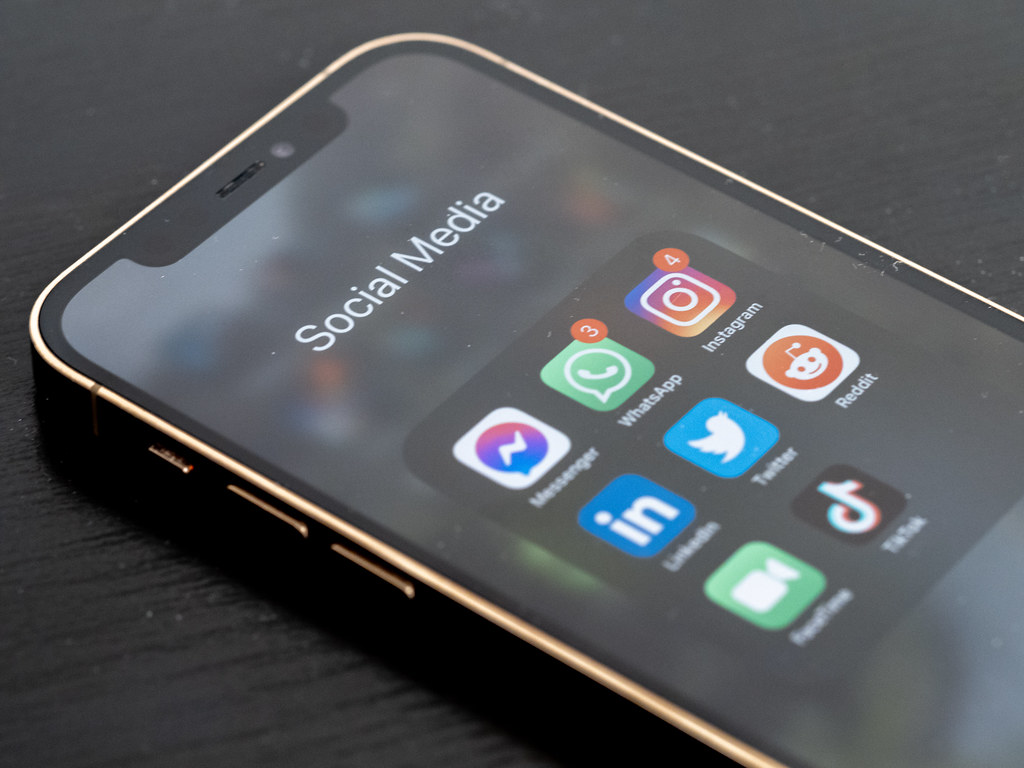Last month, Shashi Tharoor called ‘doomscrolling’ – the act of continuously seeking out and reading bad news – the “word of the era”. The word also featured in Oxford Languages’ ‘Words of an Unprecedented Year’ report in 2020. Although it gained popularity during the COVID-19 pandemic, doomscrolling will likely continue to be part of the online experience for a long time. But it has been linked with high levels of stress and anxiety, and could be fast corroding your mental health.
Word of the Era!
Merriam Webster Dictionary says they are watching the increasing use of this term (along with “doomsurfing”). Increased consumption of predominantly negative news could have psychological ill effects, in addition to causing political depression…. pic.twitter.com/YoDJjtAuxe— Shashi Tharoor (@ShashiTharoor) May 31, 2022
Despite how self-destructive it is, doomscrolling is but natural. We are prone to something called negativity bias. It refers to the tendency of the brain to pay more attention to negative experiences and information. From an evolutionary perspective, our brain searches for negative information to protect us from potential threats.
In a study conducted by Trussler & Soroka, they found that their respondents were 26 percent less likely to pick positive news stories as opposed to negative ones. Politically interested respondents were even more likely to lean towards negative stories. This concern grows when you take into consideration research that proves people who believe strongly in their preferences seek out information that aligns with these preferences, rather than that which is inconsistent with them.
But the way our brain is wired is not the only reason we doomscroll. Scrolling through news on social media is convenient because of how apps like Instagram, Facebook, and Twitter are designed – an endless feed that you can navigate with a swipe of your finger, accessible just about whenever and wherever you want it. Before you know it, the climate crisis is one scroll away, and the possibility of a Third World War awaits at the swipe after that.
And then there’s the darker, lesser-known evil of algorithms. When you look at a few posts or videos revolving around a certain subject, the algorithm recommends similar content and until it eventually sucks you into a rabbit hole. In the Netflix documentary, The Social Dilemma, former Google engineer Guillaume Chaslot explains how the algorithm identifies which rabbit hole would be closest to the user’s interest, and recommends content based on that. This feature makes social media apps the perfect breeding grounds for doomscrolling.
Those who have access to the internet, unfortunately also carry the burden of needing to be educated about social issues at all times. There is an ever-increasing pressure to constantly be in the loop. Today, online and offline activism go hand in hand. A big part of “doing your bit” is sharing information and raising awareness. In the end, it is another factor that forces you into a constant cycle of consuming and sharing bad news.
Overall, the picture may look bleak. The crises that plague the world today aren’t going away anytime soon, and a future without social media seems highly unlikely. But if doomscrolling is having a serious impact on your mental health, maybe it’s time to revaluate how you use social media. Here are five possible solutions to stop yourself from doomscrolling:
1. Time your usage
Social media apps have the power to bend time. It’s scary how easily they can sweep you away for hours on end. Apps like Social Fever help monitor and control how much time you spend on social media. Or better yet, you can set an alarm on your phone to limit your usage. Even something as simple as not using social media in bed or at the table can prove helpful.
2. Take breaks
We all know by now that deleting the app entirely is a drastic and usually ineffective step. But taking some time off every now and then is always an option. If you’re on vacation or even just out with family or friends for the day, ditch social media.
3. Consume diverse content
Actively search for other kinds of news stories, posts, and videos. From animal videos to memes, there’s no dearth of positive content on social media. This way, the algorithm will start recommending fresh content to you as well.
4. Turn off notifications
If you don’t use the app for work or other urgent communication, switch off your notifications. They tempt you to open the app, and it’s unlikely that you’ll stop at just checking that one notification.
5. Pick up a hobby that doesn’t require a screen
Especially since COVID, many of our leisure activities, too, involve a screen. Discovering a hobby outside of the digital world can be a great distraction from doomscrolling. Pick up a sport, try out an instrument – but put your phone away while you’re at it.




